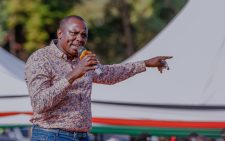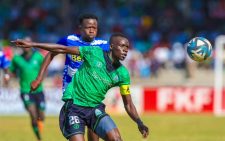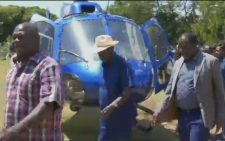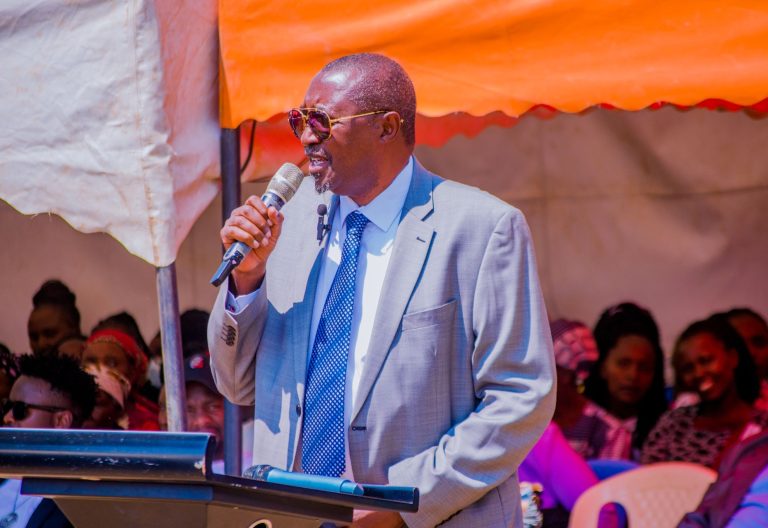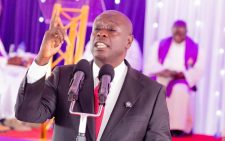Rebirth of Moi hawks into Ruto Govt
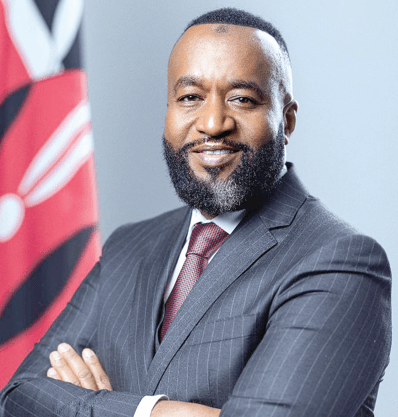
The recent outbursts by allies of President William Ruto bear striking similarities with the political tactics of KANU hawks during the tenure of late President Daniel arap Moi, it is now emerging.
Political analysts are now drawing parallels to the outbursts, marked by inflammatory remarks, staunch loyalty, and a penchant for targeting dissenting voices, with a bygone era of political centralisation and state control. During Moi’s presidency, the ruling party, KANU, wielded immense power with stalwarts, often referred to as “KANU hawks,” acting as the vanguard of Moi’s authority.
Their public pronouncements were uncompromising, often vilifying opposition leaders, civil society actors, and the media. Back then, media freedom and civil society was not as strong. The hawks framed dissent as unpatriotic, cultivating an environment of fear that stifled political discourse, a trend that analysts claim has reincarnated through some close confidants of President Ruto in the United Democratic Alliance (UDA) and Orange Democratic Movement (ODM).
“History is simply repeating itself because all the political players calling the shots are Moi’s and Kanu students, playing tunes and scripts of their tutors. The adage that Kanu would rule for 100 years has come to fruition,” says Dr Martin Oloo, a political science lecturer at the University of Nairobi.
Moi was Kenya’s second president ruling from 1978 to 2002. He is the country’s longest-serving president to date.
Dr Oloo says remarks such as those dismissing opposition figures as “enemies of development” or threats to national unity are reminiscent of the divisive rhetoric deployed during Moi’s regime.
“The insistence on portraying the government as the sole custodian of progress, while delegitimising dissent, mirrors a strategy aimed at consolidating power through dictatorship,” says Dr Oloo.
Since the fall of the 2024 Finance Bill in June, Ruto has not been at peace, as Kenyans once called for his resignation as social media platforms flooded with #RutoMustGo hashtags.
Similar messages are reflected on placards whenever Kenyans embark on street protests over issues like abductions. Despite being forced to reorganise his government through Cabinet reshuffles, none of his efforts appear to appease the infuriated Kenyans. As such, it appears Ruto has assembled a team of foot soldiers under the broad-based government, who have gone all out to defend him while scoffing at those wishing that he will be voted out in the coming polls. Ruto’s political cards, analysts argue, are nothing out of the ordinary as former President Moi applied similar tactics to silence his opponents.
Drums of war
Perhaps the most pronounced rebirth of Moi’s era leaders in modern times is MP for Kikuyu Kimani Ichungwah who many now see perfectly fitting in former minister JJ Kamotho’s role play during the KANU administration. Kamotho who is famed for making remarks that exuded a high level of sycophancy to Moi is remembered for telling Kenyans during his heydays that “KANU ni chama cha baba na mama” (KANU is a party for fathers and mothers) to insinuate that the party must be respected and supported by all.
Kamotho was also a Moi’s copycat who kept repeating the former President’s word especially his premonition that KANU would rule Kenya for 100 years. In return, Kamotho obtained favour from Moi who nominated him several times in Parliament and also appointed him to lucrative ministerial dockets including education and local government. Likewise, Ichung’wah has taken over from where Kamotho left.
Since the Kenya Kwanza regime took power, the Kikuyu MP has proved to be Ruto’s right-hand man to execute all the President’s wishes and convey his message in brutal words in Parliament and in the public events.
For instance, when public anger flared up over new taxes that were to be introduced through the Finance Bill promoting nationwide protests, Ichungwah initially dismissed the protestors as “KFC-eating Uber-riding youth from well-up city families”. But he would later eat a humble pie, and later joined in the calls for the government to listen to the youth after they continued to protest while calling for Ruto’s resignation.
Last week during the burial of National Assembly Speaker Moses Wetangula’s mother, Ichungw’ah hit out at Trans Nzoia county Governor George Natembeya for calling on the President to crack the whip on those who were abducting the youth.
The MP told off Natembeya while accusing him of working in cahoots with former Deputy President Rigathi Gachagua to advance tribal politics. Other leaders who were vocal in defending Moi blindly like Ichung’wah does to Ruto include former Nakuru branch KANU chairmen Kihika Kimani, and Wilson Leitich, former Mvita MP Shariff Nassir, former MPs Mulu Mutisya, Oloo Aringo, Burudi Nabwera and Ezekiel Barngetuny. The politicians became popular during the early 90s during the clamour for multiparty democracy.
“All those people flashing the two-finger salute should have all their fingers chopped so that they can be made sane,” Leitich said at a public rally attended by Moi, who interestingly burst into laughter back then.
Nassir blurted out: “Mpende msipende, KANU itatawala kwa miaka 100 na wale hawataki KANU watafute nchi nyingine.” (KANU will rule fovever and those who are against it can leave the country).
Similarly, another staunch defender of Moi, Kariuki Chotara who was opposed to socialist politics told the former President to look for German-born philosopher Karl Marx and sentence him to death for allegedly “poisoning the minds of university lecturers and students.” Chotara was unaware that the philosopher had died more than a century earlier.
In about two years, Kenya will be headed to the polls and Ruto’s lieutenants have started firing shots at those angling to unseat the President in 2027 before he completes his two terms.On Sunday, Ruto told his critics not to write him off yet over clinching a second term in office, reminding them even in 2022, Kenyans were made to believe that he cannot be the President.
“People are talking about one term, two terms, three terms, but I want to tell them that in the past there were people who never believed that I could get any term,” he said.
Another political analyst Java Bigambo warns that Dr Ruto’s latest strategy comes with significant risks.
“In the Moi era, political repression fuelled public dissatisfaction, ultimately culminating in the restoration of multiparty democracy. The suppression of alternative voices, rather than consolidating authority, often deepens polarization and fosters resistance,” Bigambo warned.
For Ruto’s administration, he says, the adoption of such tactics could alienate an already wary electorate, undermining the promises of inclusion and democracy upon which the government was elected.

